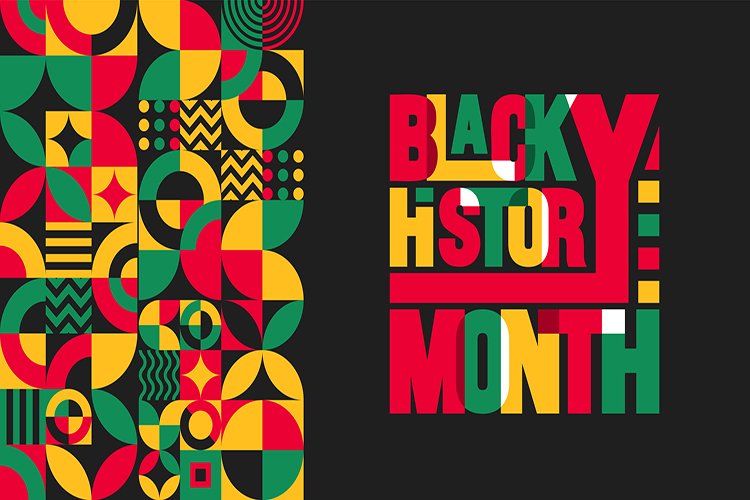Raising Awareness: Why Black Americans May Be At Higher Risk for Cardiovascular Disease

During the month of February, we recognize both Black History Month and American Heart Month – making it a great time to bring to light the heightened risk for cardiac disease that exists for patients who are part of the Black American community.
According to data from the U.S. Department of Health and Human Services’ Office of Minority Health, Black Americans are 30 percent more likely to die from heart disease than non-Hispanic white individuals and 40 percent more likely to have high blood pressure. Black women are 60 percent more likely to have high blood pressure, compared to non-Hispanic white women. Recent studies have also indicated that Black patients diagnosed with COVID-19 have a higher risk of being hospitalized than non-Hispanic white patients.
But why are Black patients being disproportionately affected by heart disease? We’ve seen that many of the risk factors of heart disease, including high blood pressure, diabetes and obesity are more prevalent in Black patients. Recent data shows us that this may be closely tied to socioeconomic factors related to historical disparities. These socioeconomic factors include lack of access to high-quality, preventive health care, lack of access to healthy foods and/or healthy food and lifestyle-related education as well as certain lifestyle behaviors, all of which can increase risk for developing heart disease.
Bringing about change can begin with awareness and education. This month is a great time to learn more about the health disparities that exist, especially as it relates to cardiovascular disease risk among patients who are Black. As health care providers, we can continue to encourage patients to embrace a healthy lifestyle, helping to reduce some of the risk factors for heart disease that we’re able to influence. As a community member, we can continue to bring awareness to this issue, and examine our own implicit biases when it comes to disparities and inequities within the health care system.
Together, we can influence change as work toward creating healthier communities, providing everyone with access to high-quality health care, education and overall environments.
Femi Showole, D.O., is an invasive cardiologist at MyMichigan Health.